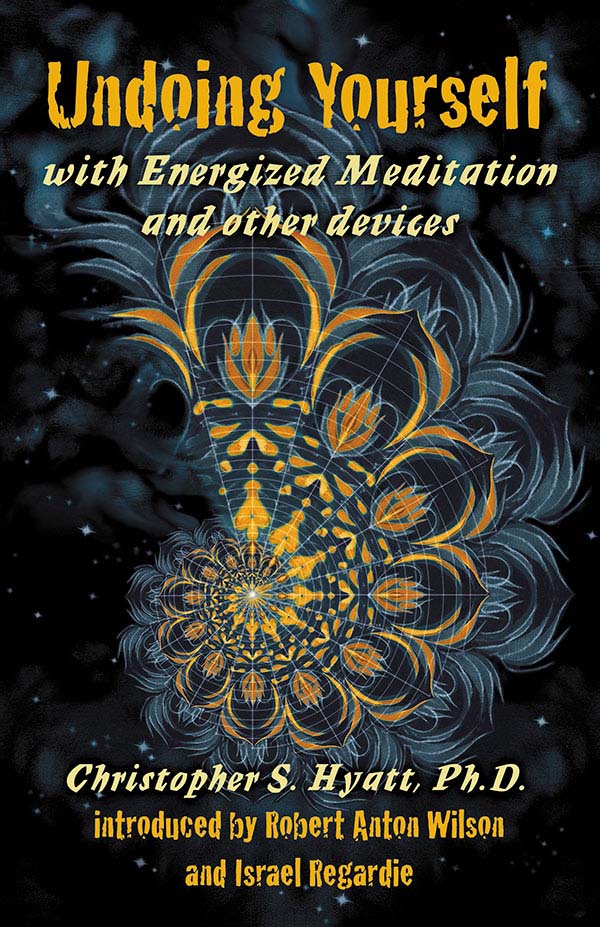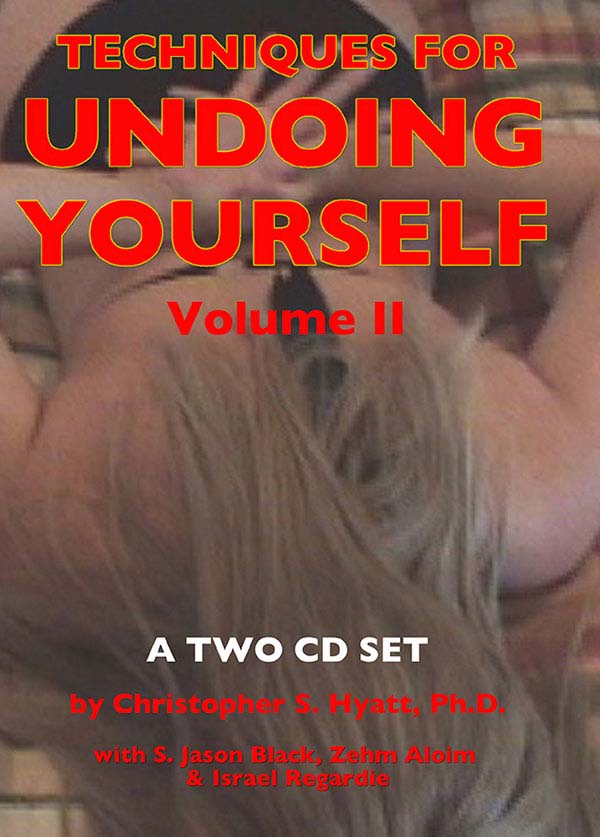Mind Versus Body
Throughout human history we have assumed that there exists a real division between what we have called "mind" and what we have called the "body."
In most instances we have given more value to the mind. The body has always been seen as having little value in Western Christian culture (a thing to be overcome, no less!) as compared to the all-important "soul." The notion that the "mind" rather than the "soul" holds precedence over the body was popularized with the advent of scientific reason, particularly in Descartes' famous tenet: "I think, therefore I am." (This, of course, has been turned on its head a million times: "I am, therefore I think.")
We have necessarily kept the mind and body separate since it is disturbing to us to see the decay of the body. We have assumed that the mind or soul lacked substance. If the mind or soul was insubstantial then it couldn't decay and disappear like the body. Hence, the division between mind (or soul) and body was necessitated by our fear of death, which was provoked by the human ability and habit to think ahead to the future, rather than living, as animals do, in the here-and-now.
Most religious belief systems and many philosophies have thought of the body as the dumb animal aspect of ourselves while elevating the mind or soul as the specifically human aspect of ourselves.
The mind-soul would continue its existence in another world. No wonder the tacit preference for the mind over body. Even the educated and intellectually enlightened hold the body in low regard. Even the phrase "mind-body" is prejudicial and misleading. (Alphabetically (b)ody comes before (m)ind. The phrase should be Body-Mind.)
Following this delusion about mind-body, the care of individuals has been divided between those who heal the body, those who heal the spirit and those who heal the mind. If we catch the flu we go to a physician; if we catch a demon, we see a priest; and if we catch a case of depression, we see a therapist.
This split further convinced the masses that yes, there is indeed a separation between these various faculties of self. No wonder one of the diseases spawned in modern times is an intense and painful feeling of alienation.
Most of us can attest to feeling dis-eased much of the time. Interestingly, the word "heal" stems from the Old English word for "whole." (This is not to say that we should resurrect the archaic idea that all disease is caused by demonic possession, or the scientific idea that all disease is completely physical, or the New Age idea that all disease is mental and caused by negative thoughts.)
Yet, even within each of these categories of healing, there are various specialists. Should you go to the Freudian, the Jungian, the Rolfer, the Rebirther, the M.D., the priest, the rabbi, the professor, or just wait it out and hope it goes away by itself before you die? And where are you going to get the money for all this, not to mention the time?
The lists can go on and on. It seems that humans have been carved up into pieces giving each group something to work on. Dividing a whole into parts is a convenient way to study how parts might work.
But to believe that this division is real, simply because we have made an arbitrary division, is delusional. This is the ultimate consequence of the power of words to create realities, albeit erroneous ones.
In our personal lives we also tend to classify things according to a basic scheme built into our language or linguistic grid.
We take such classifications for granted, forgetting that we have learned them somewhere (probably in grammar school) and that we have never really bothered to question their authority.
The schematic built into our language influences us to such a degree that most of the time we only see the things we can easily classify, while we overlook everything else.
Psychological tests have shown that when people from different cultures catalogue objects in a given picture, they will point out and "see" only those objects with which they are familiar. As Wendell Johnson said, we see with our categories.
Try this exercise:
Attempt to classify something differently from how you're used to. What's another way you can classify your arm besides dividing it into fingers, hands, forearm, wrists, etc. Is there really a line dividing your wrist from your hand?














